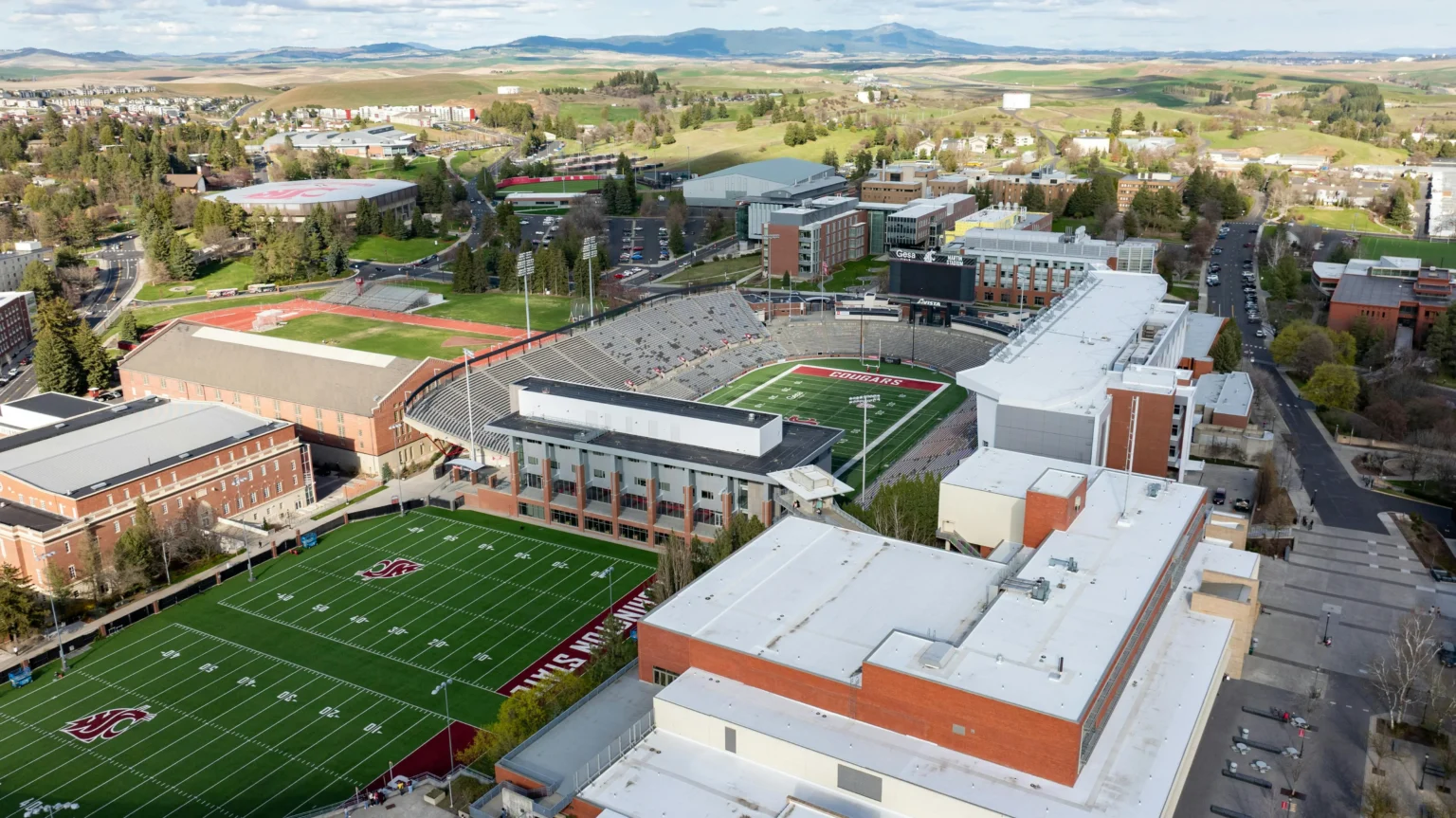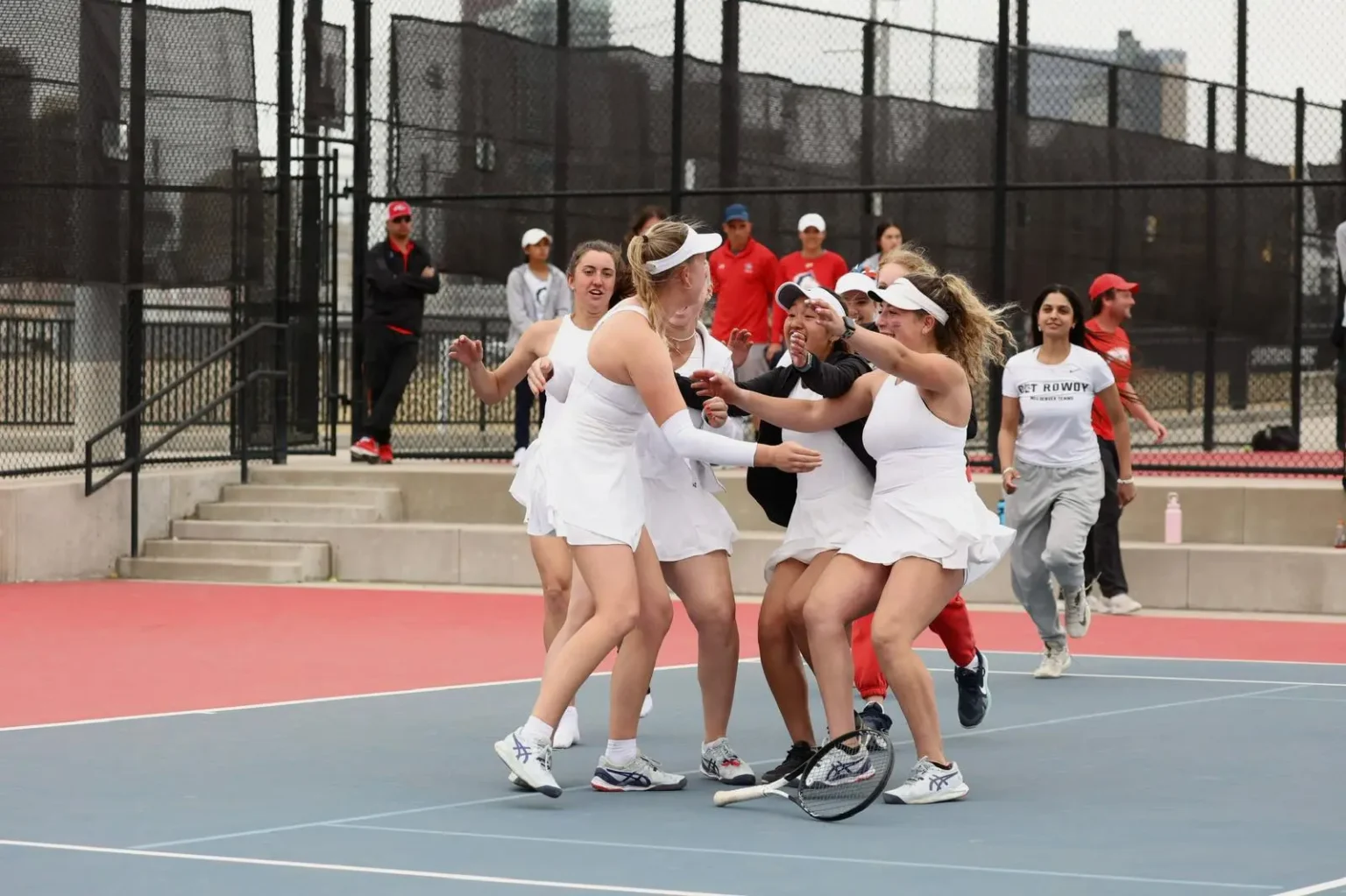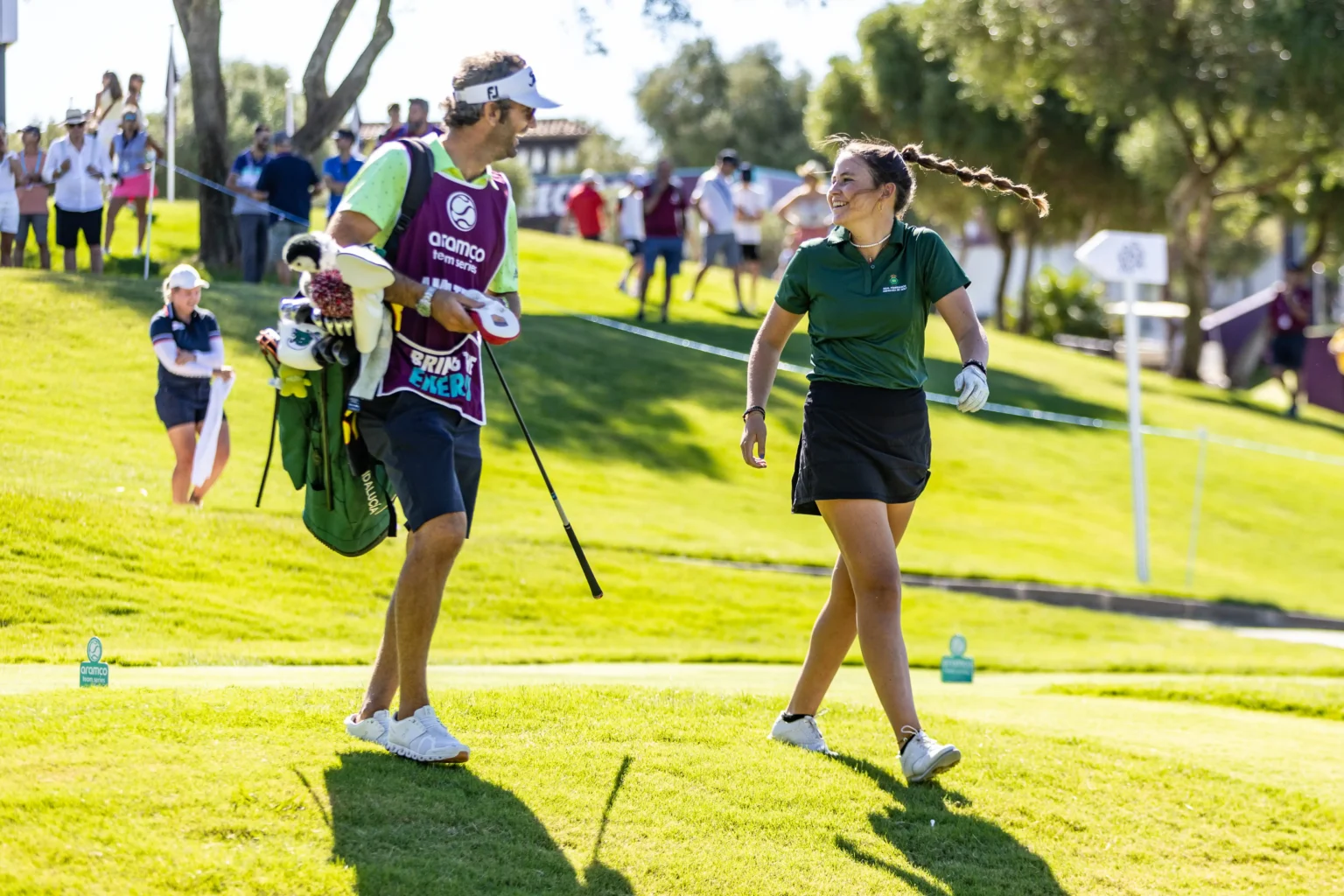
Most Common Sports Scholarship Mistakes & How to Avoid Them
Our Experts Reveal the Most Frequent Mistakes During the College Recruitment Process
Securing a sports scholarship to study in the U.S. is a fantastic opportunity—but it’s not always straightforward. Many student-athletes make avoidable mistakes that can impact their chances of receiving a good scholarship offer.
To help you steer clear of these pitfalls, we spoke to two of our experts at Keystone Sports. Sandy Franz is Head of Marketing at Keystone Sports Germany and a Sports Consultant with over 12 years of experience. Mario Picazo is Operations Manager at Keystone Sports Spain and has been a Sports Consultant since 2017. Together, they’ve helped hundreds of athletes earn scholarships in the United States.
Below are some of the most common sports scholarship mistakes our experts have observed, along with their advice on how to avoid them.
Sports Scholarship Mistakes to Avoid During the Recruitment Process
- Submitting a poor-quality recruitment video
“The recruitment video is often your first impression,” Sandy explains. “A shaky camera, poor lighting, or awkward angles can put coaches off.” This is one of the most common and critical errors athletes make. Your video doesn’t need to be professionally produced, but it should be clear, well-lit, and highlight your best moments. Match footage is particularly valuable—don’t rely solely on training clips.
- Talking about scholarships too early
Everyone wants to discuss scholarships, but timing matters. “Going straight into scholarship questions on the first call can seem impersonal,” Sandy says. “Focus first on building a relationship—show interest in the team, the programme, and the university before discussing finances.” Coaches are looking for student-athletes who are enthusiastic about both the sport and the academic experience—not just the funding.
- Starting the process too late
One of the biggest mistakes is waiting too long to begin. “Some athletes start too late. Coaches often fill their squads early, especially at higher levels,” Sandy notes. He recommends starting the process 18 to 24 months before finishing school. This allows enough time to build your profile, collect footage, and complete all the necessary documents—without the added pressure of final exams.
- Failing to stay in contact with coaches
Mario Picazo points out another key mistake: poor communication. “Some athletes go silent for too long after a coach reaches out,” he says. “Communication is crucial—you can’t receive an offer and then disappear for days or weeks.” Coaches expect quick responses and ongoing engagement. Slow replies can make it seem like you’re not interested, and they might move on to someone else.
- Not keeping your profile up to date
According to Mario, regularly updating your recruitment profile is just as important as making a great first impression. “It’s vital to keep adding new videos and recent results so your profile remains current,” he advises. Coaches want to see your recent performances, not clips from a year ago. Consistent updates show that you’re active, improving, and committed to your sport.
Want More Information About Getting a Sports Scholarship in the US?
At Keystone Sports, we support student-athletes throughout the entire recruitment journey—from helping you avoid common mistakes and building a strong, up-to-date profile, to connecting with coaches and managing the paperwork. With years of experience and over 15,000 successful placements, we’re the go-to choice for international athletes who want to study and compete in the United States.
Get in touch to find out more about sports scholarships and how to navigate the recruitment process—so you can take the next step towards your dream of studying and competing in the US.
Share this article:

About the author
Lorena Montañés
Lorena Montañés, SEO Specialist at Keystone Sports, played DI football at California State University, Fresno, while earning degrees in Mass Communication & Journalism and Psychology. She later earned an MBA in Business Analytics while coaching at a Division II university. Now, her goal is to encourage other student-athletes to pursue their dreams and have a life-changing experience.
More related articles

Wellbeing and mental health in student athletes
Mental health in sports is an important topic receiving more and more attention today due to its impact on overall wellbeing. Immie from Keystone Sports Germany explains further the various aspects of mental health in student athletes.

The Keys to Success During the College Sports Season
Learn differences between in-season and out-of-season and what it takes to end your competitive year successfully! Get the best tips and guidance in our article by Immie Cowper from Keystone Sports Germany.

Why You Should Play Summer League Football in the USA
The Summer League is in full swing with matches and tournaments happening all over America. But what is the Summer League, and what are the benefits of participating in it as a university football player?

